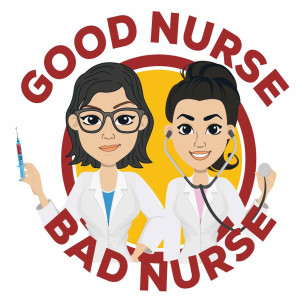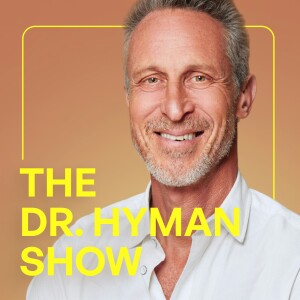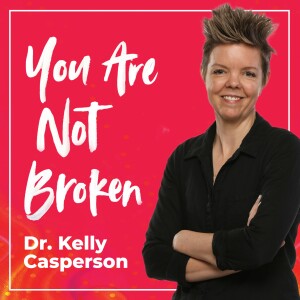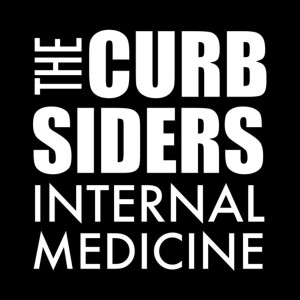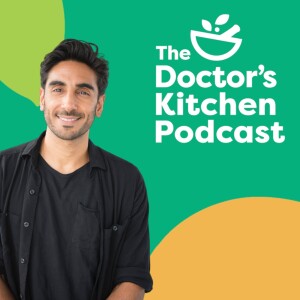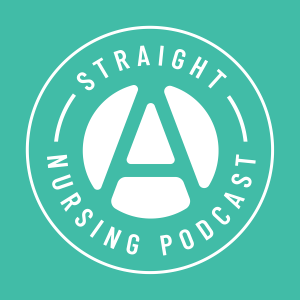

Episode List

150: Pain Education Classes: Learn to live well with pain
Pain Education Classes – Learn to live well with pain This episode of Airing Pain shares the inspiring journey behind Pain Concern, and its mission to help people learn more about pain and understand what they can do for themselves. Featuring excerpts from a live education session held at Clydebank Health Centre, this episode highlights how a brief, impactful course—delivered by trained volunteers with lived experience—is empowering people to manage their chronic pain. Listen to hear how patients are learning more about their pain and the toolbox of techniques available to manage it, and how those living with persistent pain can enrol in one of Pain Concern’s free pain education sessions or attend a session in Glasgow run by NHS Greater Glasgow and Clyde’s pain management team. “Offers hope”. “It gave an insight into pain and many ideas for coping”. “I loved the whole session”. Contributors: Dr David Craig, Joan Melville, Georgina McDonald, Mairi McWilliams, Lindsay McLean, Heather Wallace. This podcast has been produced in collaboration with NHS Greater Glasgow and Clyde. Pain Concern thanks the following funders for their unrestricted educational grants: Richer Sound; NHS Lothian Charity, The National Lottery Community Fund; The Hugh Fraser Foundation; The Trades House of Glasgow Commonweal Fund. Additional Resources: Explore our free Pain Education Classes and sign up. If you have any feedback about Airing Pain, you can leave us a review via our Airing Pain survey

150: Trail - Airing Pain 150: Pain Education Classes - Learn to live well with pain

149: Why pain persists: from childhood trauma to faulty immunity
Airing Pain #149: Why pain persists: from childhood trauma to faulty immunity This edition of Airing Pain looks at the research into why pain persists, how we can identify people at risk and whether we could prevent it happening. In this episode: How does acute short-term pain turn into chronic, persistent pain? Kathleen Sluka explains that people who experience psychological trauma at young ages are more likely to have chronic pain later in life. What scientists think is happening is that psychological trauma or other stressful events actually change your immune system. Shafiq Skikander adds that a lot of patients with fibromyalgia may have had early life stressors. In addition, when they come to clinic presenting with fibromyalgia, they usually have a history of depression. So how does this happen? Gareth Hathway explains that slowly but surely, our understanding of the basic mechanisms is advancing. We now understand that babies do feel pain, young people do feel pain. It has a long-term consequence. We need a specialist approach to managing pain at every part of the life course. We need to think about how we measure that pain and how we treat that pain. The interviews were recorded at the British Pain Society’s Annual Scientific Meeting, 2024. Contributors: Shafiq Sikander, a professor of sensory neurophysiology at the William Harvey Research Institute, Queen Mary University, London. Gareth Hathway, professor of neuroscience at the University of Nottingham’s’ school of life sciences. Kathleen Sluka, a professor in physical therapy and rehabilitation science at the University of Iowa in the United States. Thanks The interviews were recorded at the British Pain Society’s Annual Scientific Meeting, 2024. This programme describes research using laboratory animals that is consistent with Pain Concern’s Humane Care and Use of Animals in Medical Research Policy. Additional Resources: You can join our Airing Pain online community: Airing Pain online community If you have any feedback about Airing Pain, you can leave us a review via our Airing Pain survey

Trail - Airing Pain 149: Why pain persists: from childhood trauma to faulty immunity
This edition of Airing Pain focuses on advances in understanding and managing chronic pain, from neuroimmune mechanisms to new diagnostic and treatment approaches. In this trailer, listen to excerpts from the full program on: how does acute, short term pain turn into chronic, persistent pain? Why do early life experiences affect later life pain? And why do existing tools for measuring pain fall short?

148: Trail - Airing Pain - Exploring the links between hypermobility and neurodivergence
Full Episode available: 5/3/2025 This Airing Pain episode explores how neurodivergent individuals experience pain, potential links to hypermobility, and the need for better education to support conditions like autism and ADHD. Neurodiversity refers to the different ways a person’s brain processes information. It is an umbrella term used to describe a number of conditions including Autism or Autism Spectrum Conditions; ADHD; Dyscalculia; Dyslexia; Dyspraxia, or Developmental Coordination Disorder (DCD), and more. In this episode: Dr. Clive Kelly discusses research on co-occurring conditions in neurodivergence, highlighting varied symptoms and how pain perception differs among individuals. Dr Jessica Eccles talks about her research into the relationship between joint hypermobility and neurodevelopmental conditions like ADHD and autism. We hear from Ren Martin, an autistic learning disability nurse and mother of three neurodivergent children, and Ceri Reid of Parents Voices in Wales, advocating for better neurodiversity and mental health services. Throughout the episode, we hear from Imogen Warner, whose writings are featured in the Autistic Girls Network, and who highlights the reality of being a young autistic person. Contributors: Dr. Clive Kelly, Consultant Physician and Rheumatologist, James Cook University Hospital and University of Newcastle-upon-Tyne. Dr Jessica Eccles, Reader in Brain-Body Medicine at Brighton and Sussex Medical School. Ren Martin, neurodevelopmental specialist. Ceri Reid, neurodivergent mother and founder of Parents Voices in Wales. Imogen Warner, student with lived experience of autism and chronic pain. Jane Green MBE, founder of SEDSConnective We are immensely grateful to The British Humane Association and The Heather Hoy Charitable Trust whose generous grants made this podcast possible.
You may also like
Create Your Podcast In Minutes
- Full-featured podcast site
- Unlimited storage and bandwidth
- Comprehensive podcast stats
- Distribute to Apple Podcasts, Spotify, and more
- Make money with your podcast
